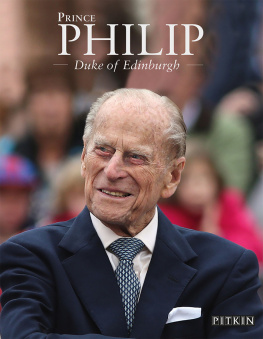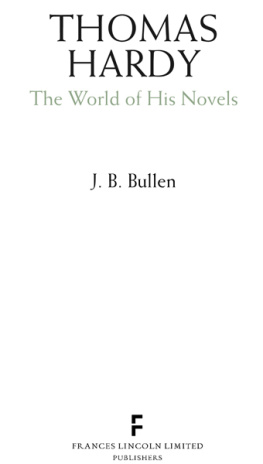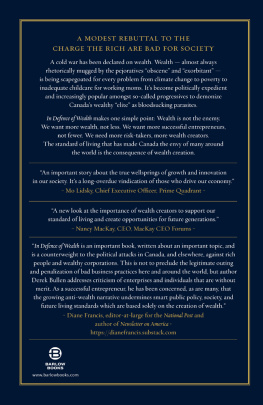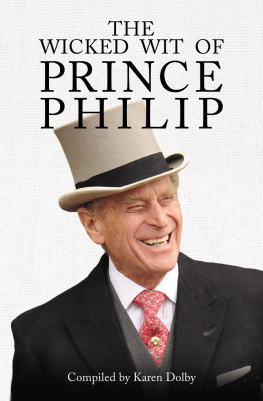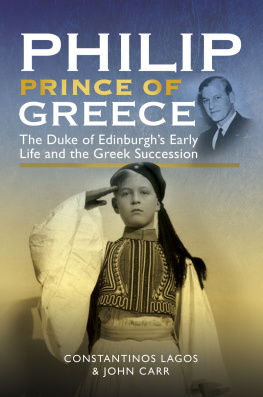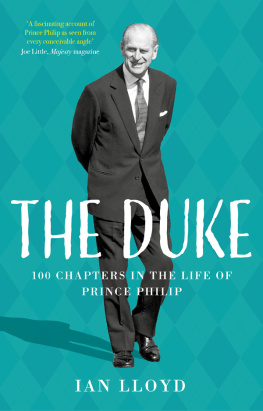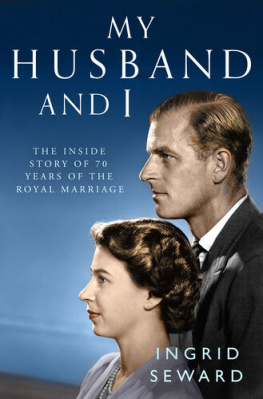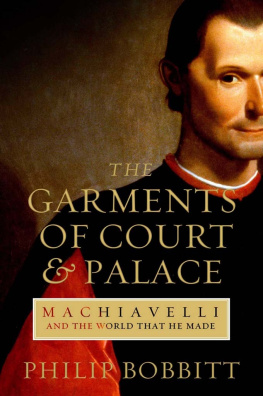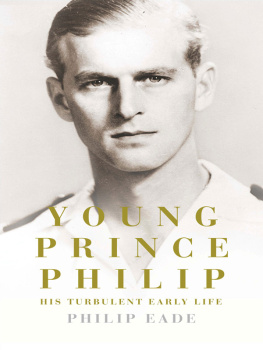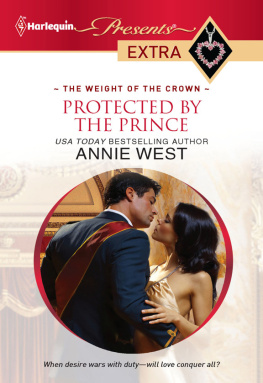A MOMENTOUS MEETING
The Royal Yacht Victoria and Albert made stately progress along the Devon coast in late July 1939. On board were King George VI, his wife, Queen Elizabeth, and their two daughters, 13-year-old Princess Elizabeth and her younger sister, Princess Margaret Rose.
The sisters, happy to be reunited with their parents, newly returned from a triumphant tour of North America, were enjoying this excursion to the Royal Naval College at Dartmouth, where the King, who had been a cadet there a quarter of a century earlier, was to undertake an inspection. The weekend weather was warm and sunny, belying the dark clouds of war that were gathering over Europe.
On board too, attending the royal family to whom he was related, was Lord Louis Mountbatten. With him was his nephew, Prince Philip of Greece, a Special Entry recruit into the Royal Navy who was being fast-tracked through Dartmouth on a three-month initial officers training course. Philip, just turned 18, tall and handsome with blond hair and bright blue eyes, entertaining and personable, was invited for dinner on Saturday 22 July. The Princesses, looked after by their governess, had their supper in the nursery. But the following day Philip was detailed to entertain his young cousins when it was revealed that mumps and chickenpox in the college prevented the Princesses from attending a planned service in the chapel.
They played with a train set before Philip, becoming bored, encouraged the sisters into the grounds where he impressed the girls by showing his prowess at jumping tennis nets before setting up a game of croquet. Elizabeth, Lilibet to her family and friends, was dressed identically to Margaret, both wearing neat double-breasted light coats, knee-length white socks, sensible shoes and berets. Just in her teens, slight and slim, Elizabeth was still childlike. But that meeting was one she did not forget and, when the royal party set sail, the young Princess picked up a pair of field glasses to watch Philip as he valiantly rowed in their wake until they left him far behind.
The Royal Yacht Victoria and Albert, with the young Princess Elizabeth on board, steams towards the Royal Naval College, Dartmouth, on 22 July 1939.
Their first meeting at Dartmouth Royal Naval College: the 13-year-old Princess Elizabeth sits towards the far left of the photograph, while her future husband, Prince Philip of Greece, in a white-topped cap, is seen laughing and chatting at the back.
It is likely that Princess Elizabeth, then heir presumptive to the British throne, knew of her cousins turbulent and often sad family background. It is likely that, protected by nannies, her governess and by the rigid protocol that surrounded her family, she found Philip an exciting and romantic figure. It is thought by many that the 13-year-old fell in love that weekend and set her sights unswervingly on the man who was to become her husband and lifelong companion in one of the most remarkable partnerships in the history of the British monarchy.
At 18, Philip, an able and talented young man, had a promising naval career ahead, accelerated by the fast-approaching war. He left Dartmouth with the Kings Dirk, the prize for the best all-round cadet of his intake. Family circumstances meant that he was virtually homeless, living at boarding school or with his grandmother, Princess Victoria of Hesse, Marchioness of Milford Haven, or with one of his English uncles. He was self-reliant, a leader and a man able to deal with whatever life threw his way. But when Princess Elizabeth, who became his wife in 1947, acceded to the British throne early in 1952, he provided the support that she needed, giving up any hopes he might have had of a separate career. In doing so he still remained his own man, acting in his own inimitable way as an ambassador for Britain, a forthright participant in the daily rota of visits, engagements and ritual that is the lot of senior members of the royal family.
Young and handsome: 18-year-old Prince Philip.
FAMILY BACKGROUND
Queen Victoria was great-great-grandmother to both Queen Elizabeth and Prince Philip, each being born after her death in 1901. But although they had an illustrious ancestor in common, their upbringing could not have been more different.
Elizabeth was the beloved elder daughter of the Duke of York who, at the time of her birth, had no idea that he would become King. He was the younger son of King George V. His Lilibet became the Kings first granddaughter. Her childhood was secure, comfortable and cosseted.
Philip was born on 10 June 1921 on the dining table of his parents villa, Mon Repos, on the island of Corfu. His father, a prince and a soldier, was commanding the Greek armys 12th division in Asia Minor and did not see his son until three months after his birth. His mother, Princess Alice, and his four older sisters lived in the house which had been left to the family by his paternal grandfather, George I of Greece, who had been assassinated in March 1913. Philips uncle, Constantine I, who assumed the Greek crown during the first Balkan War, suffered exile, as did his father, Andrea. Another uncle, Alexander, who briefly took the crown during Constantines exile, was bitten by a monkey and died of blood poisoning. His Russian relations had been murdered in 1918. Philip was barely a year old when his father narrowly escaped being sentenced to death by the new republican Greek government. He and his family fled their villa in Corfu into exile.
They settled, eventually, in Paris where they lived at St Cloud in the lodge of the substantial house of Andreas elder brother, Prince George (known to the family as Big George), who was married to the wealthy Marie Bonaparte. By the time Philip was nine, his mother had become ill and had been taken to a Swiss psychiatric sanatorium. Philip had already been sent to Cheam, an English preparatory school, his father had moved to a small flat in Monte Carlo, while his four sisters had married and moved away. The family had broken apart.
Although Prince Philip was, briefly, sixth in line to the Greek throne, he has no Greek blood; in fact he descends from a Danish family. His grandfather, King George I of Greece, was born Prince William of Schleswig-Holstein-Sonderburg-Glcksburg in 1845 in Copenhagen. Suddenly, Prince Williams father became King Christian IX of Denmark and a delegation arrived from Greece to ask William to become their king. William, just 17 and now King George I, arrived in Athens, having given up a naval career to rule a turbulent people in a distant land. He married a Russian noblewoman, Olga, niece of Tsar Alexander II. They had eight children (one of whom, baby Olga, survived just seven months), the last but one being Andrew, known always as Andrea, Prince Philips father.







